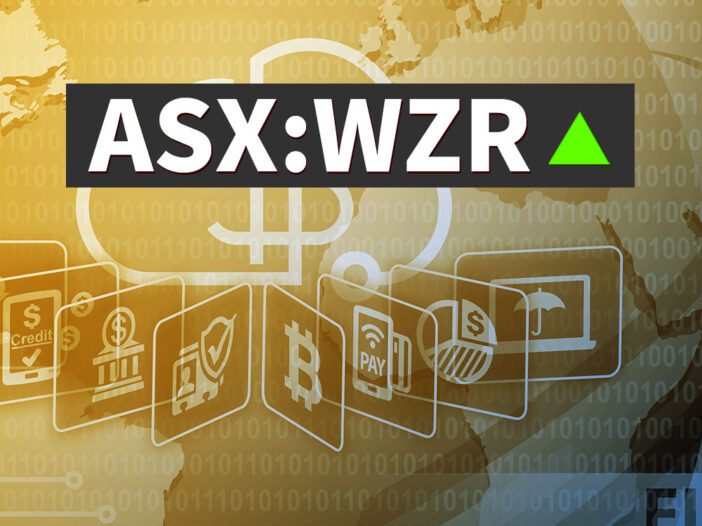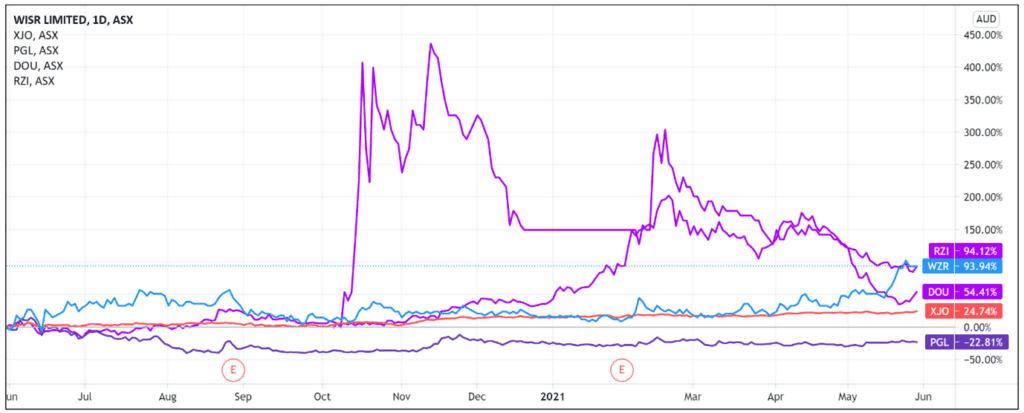The Wisr Ltd [ASX:WZR] share price entered a trading halt today pending a capital raise via an institutional placement.
Before the halt, Wisr shares were trading for 32 cents a share, just shy of their 52-week high of 34 cents.
The WZR share price has posted gains of 60% year-to-date and 90% over the last 12 months.
Does Wisr need a capital raise?
A company taps the market for fresh funds when it’s uncomfortably low on cash or when its growth ambitions cannot be realised without more money.
For WZR, the latter is the likelier explanation for the announced capital raise.
In its latest cash flow statement for the period ending 31 March 2021, the company recorded cash and cash equivalents of $33.39 million.
On top of that, Wisr’s total funding available at the end of the period came to $108.07 million.
Seems pretty positive. So why the capital raise?
For one, while the company received $15.24 million from customers year-to-date (nine months to 31 March 2021), it still ended up with a net cash loss from operating activities of $7.12 million in the same period.
The bulk of Wisr’s available funding came from unused finance facilities available at quarter’s end, worth $74.65 million.
From the $360.50 million worth of financing facilities, WZR drew $285.85 million.
This large facility is a warehouse trust with National Australia Bank Ltd [ASX:NAB] as a senior funder.
Wisr flagged in its activities report that it is seeking further loan volume growth.
In that case, Wisr may see a capital raise as a cheaper option to fund its expanding loan book and minimise its borrowing costs.
The capital raise also complements the fintech’s recent issue of asset-backed securities worth over $200 million.
Wisr’s war chest
The flagged capital raise is on top of Wisr pricing $225 million worth of asset-backed securities (ABS) earlier this month.
We covered the announcement here.
An asset-backed security is a financial investment collateralised by an underlying pool of assets.
It is usually associated with assets generating cash from debt — so loans, leases, credit card balances, etc.
In WZR’s case, the ABS was collateralised by a pool of unsecured consumer personal loans.
Wisr packaged these loans and sold the income stream from these loans to investors. Moody’s awarding the top tranche of these loans a triple-A rating.
Wisr’s $141.7 million worth of AAA notes have a weighted average life of 1.9 years and was priced at a 75 basis point margin over the one-month bank bill swap rate.
For reference, a bank bill swap rate (BBSW) is a short-term interest rate used as a benchmark for the pricing of Australian dollar derivatives and securities.
Wisr’s Chief Financial Officer Andrew Goodwin thinks the $225 million ABS places the fintech in a ‘prime position to aggressively grow our revenue with significant room to scale towards our medium-term target of a $1 billion loan book.’
Wisr wasn’t the only fintech choosing to securitise some of its receivables to raise funds.
In March 2021, Humm Group Ltd [ASX:HUM] priced $450 million of ABS, supported by a pool of commercial auto and equipment finance receivables.
Unlike in Wisr’s case, Humm’s collateralised receivables were secured, granting the company a bit more margin of safety.
If fintechs are on your investment radar, then I recommend reading this particular report, which profiles three ASX fintech stocks.
It’s an illuminating read that analyses a couple of stocks you may not have heard of before.
You can download that right here.
Regards,
Lachlann Tierney
For Money Morning
PS: Our publication Money Morning is a fantastic place to start on your investment journey. We talk about the big trends driving the most innovative stocks on the ASX. Learn all about it here


